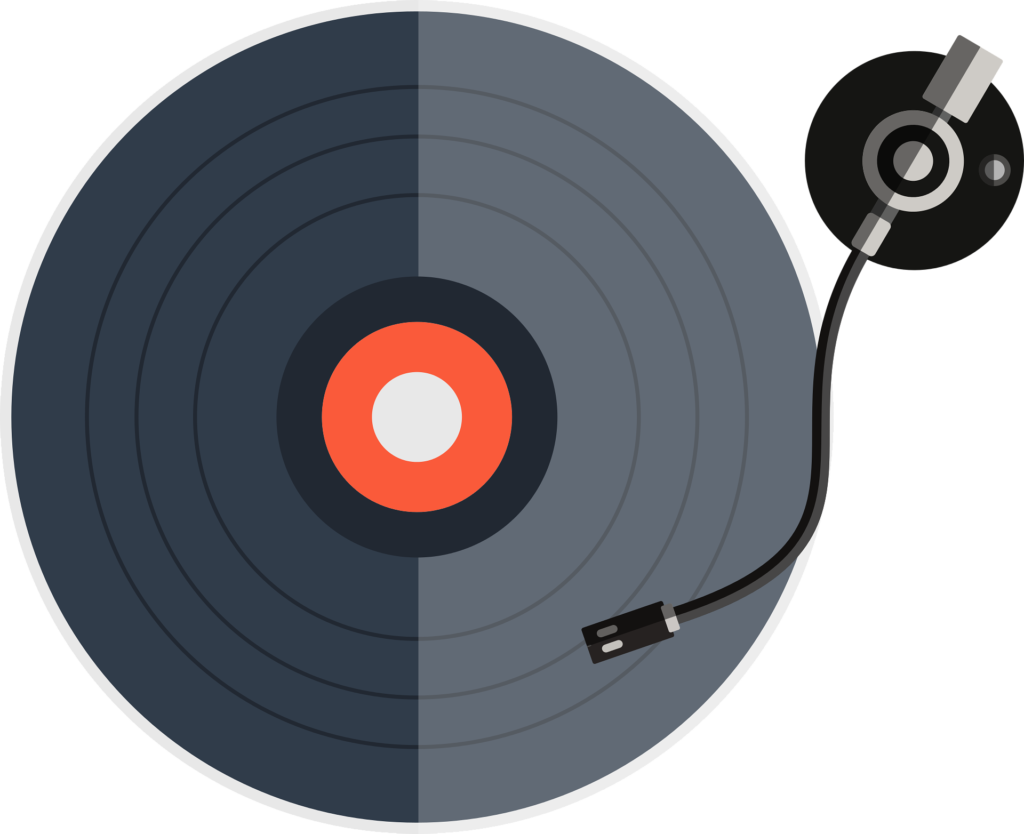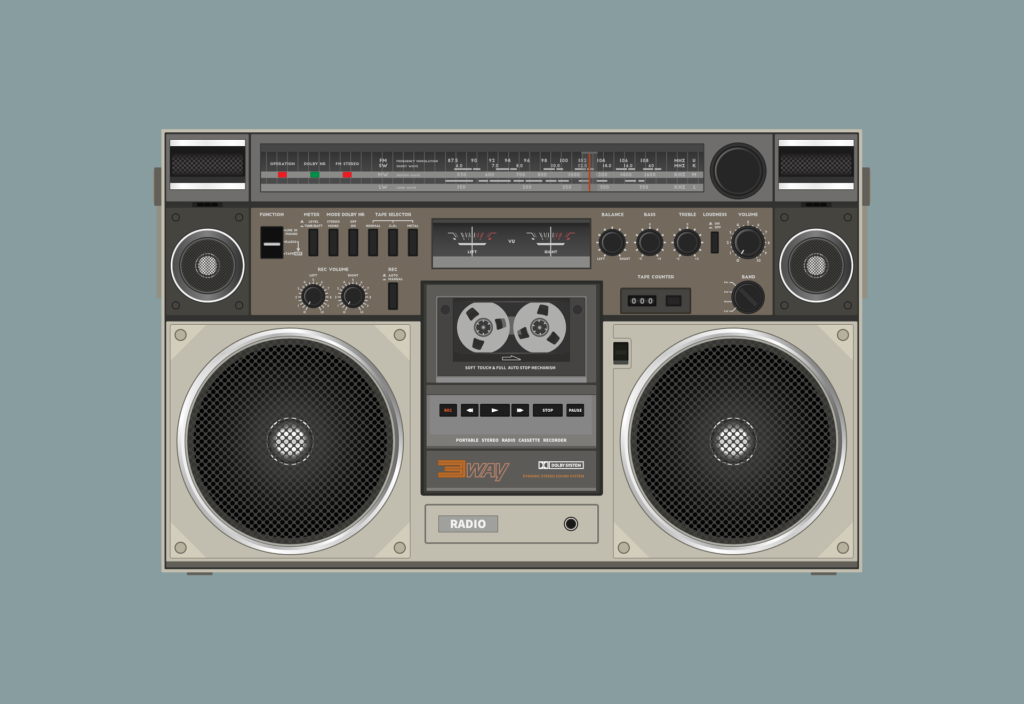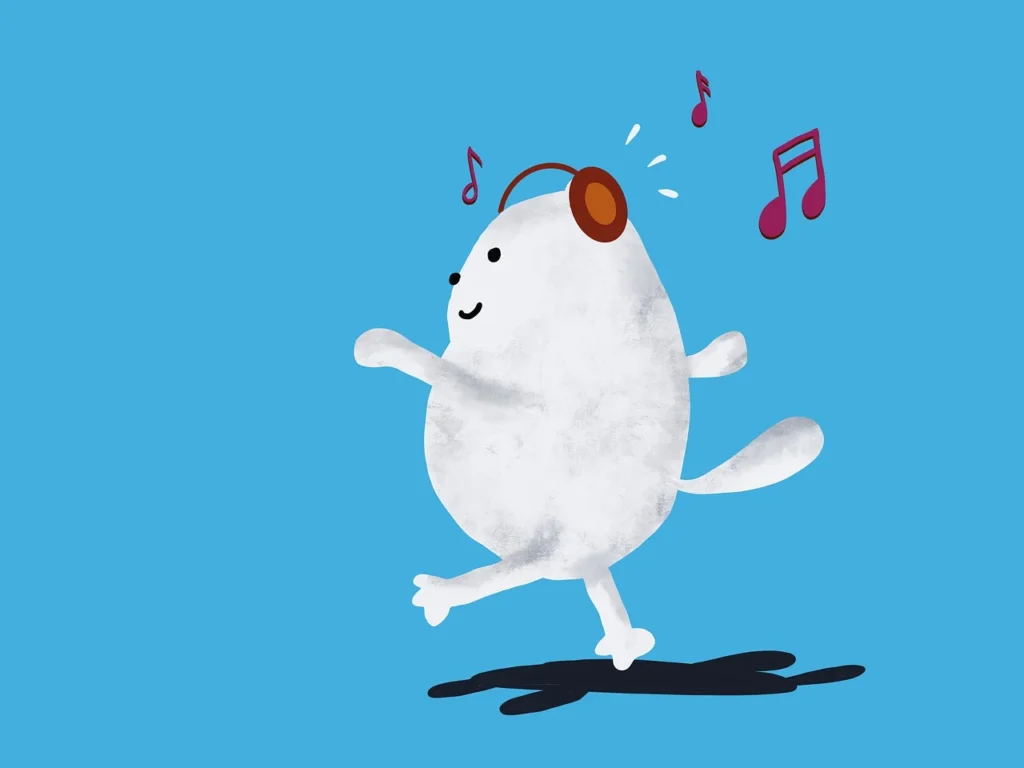
Music has long been recognized for its ability to soothe the mind, lift the spirits, and evoke powerful emotions. But did you know that music can also play a significant role in promoting better sleep?
In this blog, we’ll explore the relationship between music and sleep, the types of music that are most effective for inducing sleep, and how individual preferences play a role in this unique therapeutic approach.

Instrumental Music:
A Gateway to Relaxation Instrumental music, such as the gentle melodies of the sitar or violin, has been shown to be particularly effective in inducing sleep. Unlike vocal music, which can stimulate cognitive processes and hinder relaxation, instrumental music focuses solely on melody and rhythm, allowing for deep relaxation without the distraction of lyrics. Research has provided evidence for the use of instrumental music in improving sleep quality, making it a valuable tool for those struggling with insomnia or restless nights.

Nature Sounds and Binaural Beats:
Nature’s Lullabies In addition to instrumental music, nature sounds like birdsong or rainfall can evoke feelings of peacefulness and tranquility, creating an ideal environment for sleep. These natural sounds can help drown out background noise and calm the mind, making it easier to drift off into a restful slumber. Binaural beats, which work by presenting two different frequencies to each ear to synchronize brainwave activity, can also be combined with nature sounds to further enhance relaxation and promote better sleep quality.

Sedative Music:
Designed for Better Sleep In recent years, musicians and researchers have collaborated to develop sedative music specifically designed to promote better sleep. From mobile apps like Can’t Sleep and Pzizz to albums like Marconi Union’s “Weightless” and Max Richter’s “Sleep,” these musical compositions incorporate elements of music psychology, sound therapy, and neuroscience to create a serene auditory experience conducive to sleep. These innovative approaches to music therapy offer new avenues for individuals seeking natural solutions for sleep disturbances.

Individual Variability:
Tailoring Music to Personal Preferences While the effects of soft, slow music on sleep are well-documented, it’s essential to recognize that individual responses to musical stimuli can vary widely. Factors such as personal preference, cultural background, and susceptibility to different music types all play a role in how music affects sleep. Some individuals may find classical music soothing, while others prefer ambient music for relaxation. By customizing music choices to individual tastes and preferences, the overall effectiveness of music in improving sleep can be maximized, leading to better life quality for people of all backgrounds.

Conclusion:
Music has the power to calm the mind, soothe the soul, and promote better sleep. Whether it’s the gentle strains of instrumental music, the tranquil sounds of nature, or the innovative compositions of sedative music, there are endless possibilities for incorporating music into your sleep routine. By understanding the unique relationship between music and sleep and tailoring music choices to individual preferences, you can harness the therapeutic power of sound to enjoy more restful nights and wake up feeling refreshed and rejuvenated.